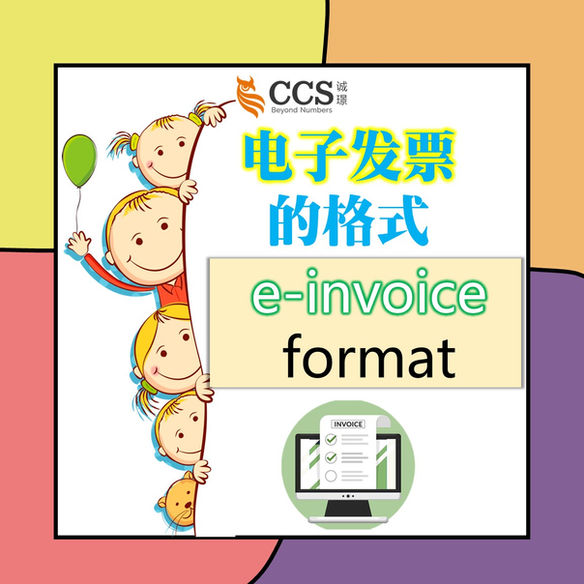Overtime Practices and Employee Rights in Malaysian Employment Law

In the context of Malaysian employment law, overtime refers to the hours worked by an employee beyond their regular working hours. According to employment regulations, employers are required to compensate employees for the extra hours worked during overtime. The compensation rate for overtime work is typically higher than the employee’s regular hourly wage. Malaysian labour […]
Demystifying Malaysia’s 6 Types of Employee Leave: Know Your Rights

In Malaysia, employers are mandated to grant employees a comprehensive array of leave entitlements totalling six distinct categories. This post delves into these vital employee entitlements, shedding light on the legal provisions, conditions, and considerations surrounding: Understanding these leave types is crucial for both employers and employees to ensure a harmonious and well-regulated work environment. […]
Employee Handbook: Your Guide to Workplace Policies and Procedures

In the context of Malaysian employment law, an Employee Handbook, often referred to as an Employee Manual or Company Handbook, is a written document that outlines the policies, procedures, rules, and guidelines governing the employment relationship between an employer and its employees. The employee handbook is not legally required in Malaysia. It serves as a […]
Malaysian Employment Contracts: Compliance with the Employment Act and Best Practices

In the context of the Malaysian Employment Act, an employment contract is a legally binding agreement between an employer and an employee that outlines the terms and conditions of the employment relationship. Section 2(a) of the Employment Act 1955 states that “contract of service” means any agreement, whether oral or in writing and whether express […]
How to Determine Hours of Work in Malaysia

Disclaimer: The information in this article should not be construed as legal advice, and we assume no responsibility or liability for any decisions made or actions taken from this article should not be construed as legal advice, and we assume no responsibility or liability for decisions made or actions taken as a result of reading this article. To calculate […]
Format of an e-invoice | 电子发票的格式

An e-invoice is a document generated, transmitted, and received electronically, typically generated in a structured digital format, such as XML or JSON. This format allows for the automatic and seamless exchange of invoice data between the supplier’s and buyer’s systems. The e-invoice includes mandatory and optional fields that capture all the necessary details of a […]

